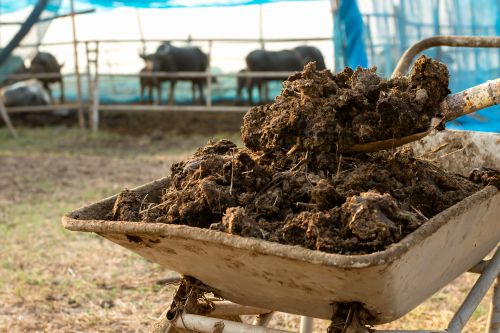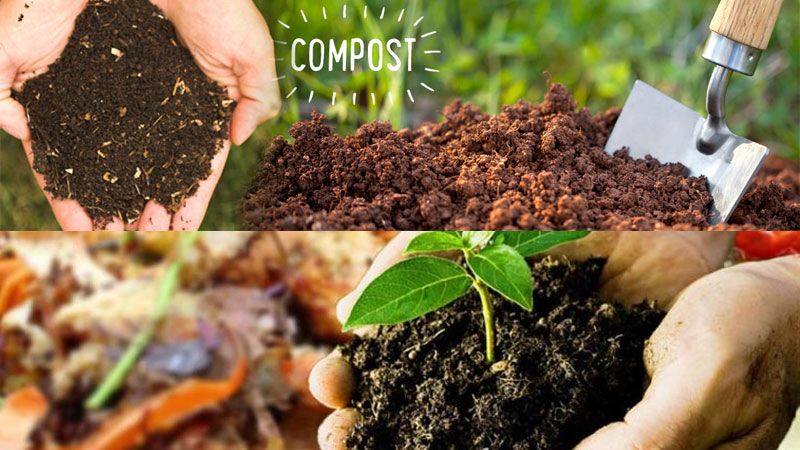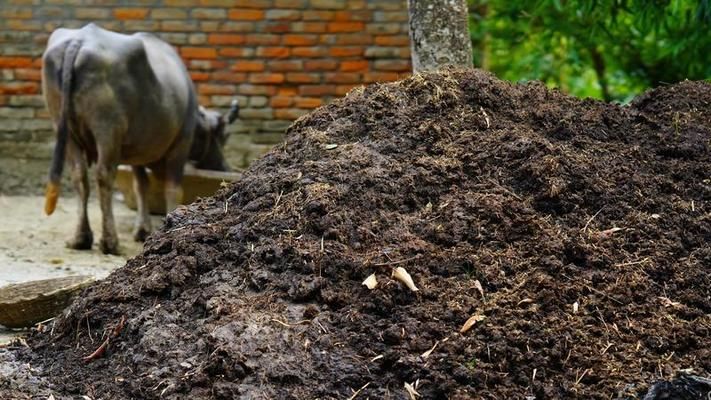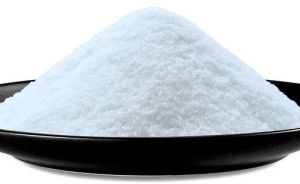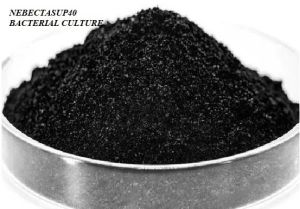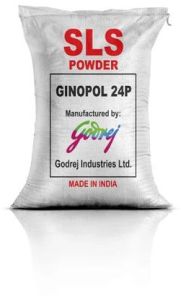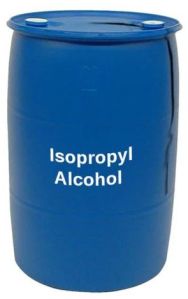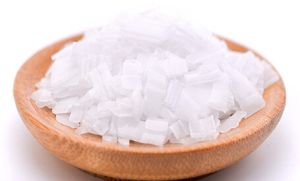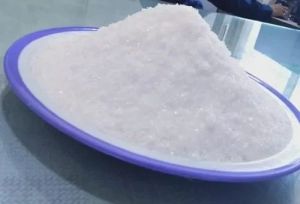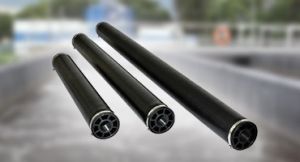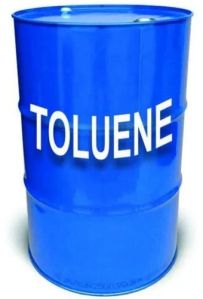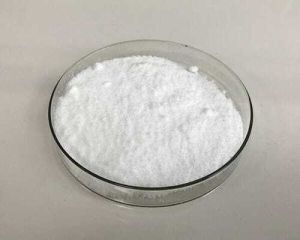- GST NO. : 24AAUFN6527B1Z7
| Business Type | Exporter, Supplier |
| Brand Name | NE |
| Packaging Size | Trolly Load |
| Form | Natural |
| Click to view more | |
Preferred Buyer From
| Location | Worldwide |
Product Details
Organic Matter
90 %
Target Crops
All Crops
Color
Brown
Packaging Type
Loose
Country of Origin
India
Type
Natural
Delivery Time
Within 7-10 days
Packaging Details
TROLLY LOAD
Cow dung, also known as cow manure or cow poop, is the solid waste produced by bovine animals. It is a valuable resource in many parts of the world, particularly in agriculture and religious practices. In agriculture, cow dung is used as a natural fertilizer and manure to improve soil health and enhance plant growth. In India, it is also used as fuel, for purification purposes, and in religious ceremonies.
Agricultural Uses:
-
Manure and Fertilizer:Cow dung is a rich source of organic matter and nutrients, making it an excellent natural fertilizer for crops and plants.
-
Improved Soil Structure:Cow dung helps to improve the structure of the soil, making it more fertile and conducive to plant growth.
-
Water Retention:Cow dung also enhances the water retention capacity of the soil, which can be beneficial in dry climates or during periods of drought.
-
Soil Fertility:Cow dung contains essential nutrients like nitrogen, phosphorus, and potassium, which are crucial for plant growth.
-
Natural Pest Control:Some believe that cow dung can help repel certain pests and diseases that may affect plants.
-
Fuel:In many rural areas, cow dung is used as a primary fuel source for cooking and heating.
-
Traditional Medicine:In some traditional systems of medicine, cow dung is used for various purposes, such as wound healing and treating certain ailments.
-
-
Biofuel Production:Cow dung is also being researched as a potential feedstock for producing biofuels.
-
Composting:Cow dung can be composted with other organic materials to create a rich, nutrient-dense fertilizer.Effluent Treatment Plant:
Looking for "Cow Dung" ?
Kilogram
Explore More Products


